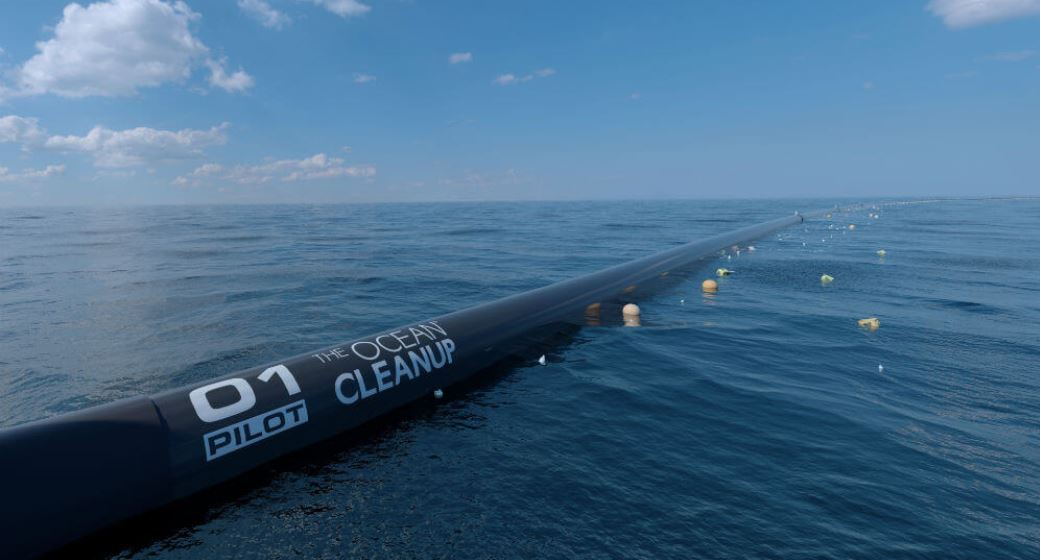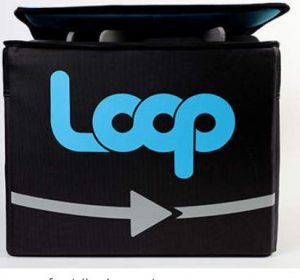The effort to clean up the ocean of 50 million tons of plastic waste is a gigantic project. The quantity of debris will triple in the next decade if we do not take drastic measures to improve the disposal of plastic waste. Various organizations, governmental agencies, community groups and private citizens are 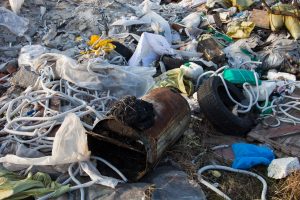 making efforts to do regular cleanup programs. Polluted beaches will lose tourist income. One study suggested that by the year 2050 there will be more plastic by weight in the oceans than fish! Ocean cleanup is survival plan we need to embrace.
making efforts to do regular cleanup programs. Polluted beaches will lose tourist income. One study suggested that by the year 2050 there will be more plastic by weight in the oceans than fish! Ocean cleanup is survival plan we need to embrace.
Lack of action on all levels will have disastrous effects on marine life and the fishing industries. The micro-plastics created by the breakdown of plastic waste is becoming an unwanted part of marine diet and ultimately part of our diet. No one knows as yet the effects of ingesting micro plastics as part of our diet. This therefore will have unknown negatives effects on our health. Ocean Cleanup is a survival plan for marine and human life.
Ocean Cleanup Survival Plan for Marine and Human Life:
Ocean cleanup has to begin in each home, with each individual. We have to each take responsibility for what plastics we use and how we dispose of them.
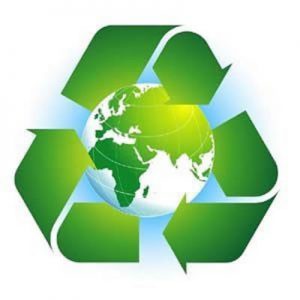 We have to use the policy of Reduce, Reuse, Recycle,
We have to use the policy of Reduce, Reuse, Recycle,
Reuse: Our plastic as containers for planters, storing seeds and grains, to organize screws and nails and other items in our craft rooms and repair shops.
Reduce: We have to reduce the amount of plastic containers we purchase. Use glass or metal containers when we need to replace the plastic ones.
Recycle: Avoid the use of single use plastic bottles and straws. We can can choose metal or glass containers that can be washed and refilled each day. We can carefully dispose of used containers in the recycle bins rather than throwing or leaving then in public spaces or at the beach.
We can involve and educate the youth about taking care of the environment by being conscious of the use of plastic and its proper disposal methods.
We will lessen the amount of debris that ends up in the ocean by doing our part each day.
We need to support l0cal organizations that do clean up drives to beautify the coast line and collect the debris before it reaches the oceans.
Progress of The Ocean Cleanup
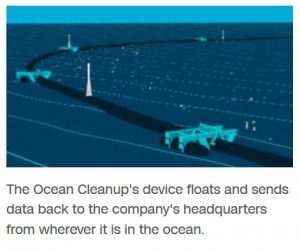 Wilson is the 2000 foot long floating pipe whose mission is to collect all the plastic floating in the Pacific Ocean. The device has satellite pods that communicate with the company’s headquarters in the Netherlands and other boats to share its location. It’s controlled remotely and has two cameras located in the center. Boats then go out to collect the garbage for recycling. Ocean Cleanup hopes to collect 90% of the ocean’s garbage by 2040.
Wilson is the 2000 foot long floating pipe whose mission is to collect all the plastic floating in the Pacific Ocean. The device has satellite pods that communicate with the company’s headquarters in the Netherlands and other boats to share its location. It’s controlled remotely and has two cameras located in the center. Boats then go out to collect the garbage for recycling. Ocean Cleanup hopes to collect 90% of the ocean’s garbage by 2040.
Uniting around the Ocean Cleanup
Critics of the project like, Eben Schwartz, the marine debris program manager at the California Coastal Commission, said that volunteers have in three hours collected seven to ten times as much garbage as Ocean Cleanup wants to capture by the spring of 2019.
- He feared that “Wilson”, Ocean cleanup will not capture micro plastics in the ocean and may be a danger of trapping small sea creatures.
- He worried that this project will draw attention from community and organizational cleanup projects.
- People may become less active and involved in ocean volunteer cleanup programs.
- The amount of garbage collected by Ocean Cleanup is not enough to make a difference. The project can make people less focused on recycling and prevention.
Ocean cleanup is therefore a personal mandate. We cannot delegate it to someone else. Everyone has to do our part. Our life and that of the next generation depends on our support. We have to be all hands on deck. Implementing all strategies to Reduce, Reuse and Recycle plastic waste by all means possible. That means that whatever project or program that is in our city, town, or community should be supported. In conclusion, with everyone playing a part to clean up the ocean we will be sustaining life. It is a united effort in all forms to one goal to sustain life .
